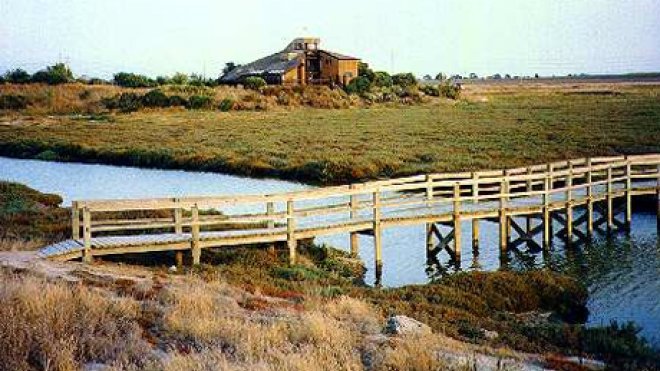Audubon Society of Rhode Island and RWU Announce Environmental Education Partnership

BRISTOL, R.I., – The Audubon Society of Rhode Island and Roger Williams University have partnered to drive new and innovative programming that further engages area students and families in environmental education.
Students and faculty from RWU's Center for Economic and Environmental Development (CEED) are providing technical assistance and oversight to the Audubon Environmental Education Center’s marine exhibits – enabling Audubon to better maintain and educate the public about the wide variety of aquatic species indigenous to Rhode Island waters. Audubon receives exceptional care of its marine collection, while the students benefit from hands-on experience in the marine sciences. This work is highly compatible with CEED’s mission, which encourages innovative environmental stewardship by involving students, faculty and the local community in strategic educational, management and entrepreneurial initiatives that yield a sustainable environment.
“The Audubon Society plays a critical role in the community by engaging young students in science and nature, and we’re thrilled to partner with them to further this cause,” says Timothy Scott, professor of biology and director of CEED. “At the Audubon Society, our marine biology students gain valuable, hands-on experience from managing live marine ecosystems to speaking about marine life and natural habitats in local classrooms.”
Through the partnership, Audubon also works with RWU student interns seeking experience in environmental education. RWU students work on the development of environmental science curriculum and serve as teaching assistants for grades K-12, as well as exhibit hall and trail guides at the Center.
“Since the Audubon Environmental Education Center is the only nature center with an aquarium of its kind in Rhode Island, it provides students with much needed real-world experience right in their own backyard,” explains Audubon Environmental Education Center Director Anne DiMonti. “This hands-on experience is not something that can be duplicated in a classroom setting, and many of the students who participate in these opportunities go on to successful careers within their chosen fields.”